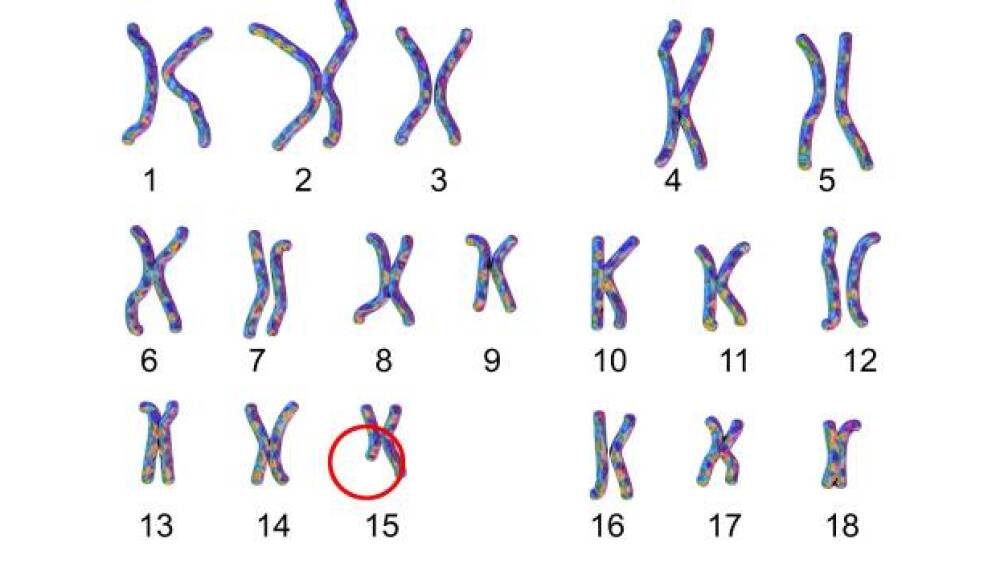GeneTx Biotherapeutics and Ultragenyx Pharmaceutical’s jointly prepared treatment for Angelman syndrome have been provided a green single by DSMB recently.
GeneTx Biotherapeutics and Ultragenyx Pharmaceutical, who are working to develop a new treatment for Angelman syndrome, gave a preliminary update on a phase I/II study being conducted in Canada and U.K. A data safety monitoring board (DSMB) gave the go-ahead for dose escalation to proceed as planned.
The companies have commenced dosing with the first four patients who received multiple doses of GTX-102. The participants are being evaluated regularly for safety and clinical response. Dosing had been paused in October 2020 after two participants lost the ability to walk. So far, there have not been any serious adverse events recorded in relation to the treatment. Initial assessments are also demonstrating signs of clinical activity.
What is Angelman Syndrome?
Angelman syndrome is a rare, neurogenetic disease that affects one in 12,000 to 20,000 people worldwide. It is caused by loss of function in the maternally-inherited allele of the UBE3A gene. This inheritance pattern is due to the genomic imprinting of UBE3A in central nervous system neurons. It is a natural occurrence wherein the maternal allele is expressed, and the paternal is not. The silencing of the paternal allele is driven by the UBE3A antisense transcript (UBE3A-AS), which GTX-102 is targeting.
Among Angelman syndrome patients, protein expression is lacking or nonexistent because the UBE3A allele is either mutated or missing. This leads to balance issues, motor impairments, development delays and seizures. Some people diagnosed with the disease cannot speak or walk and suffer from sleep and anxiety disorders. In general, Angelman syndrome patients have a normal lifespan but most will be unable to function independently and will require continuous care.
At present, there are no approved treatments for Angelman syndrome, which is often misdiagnosed as cerebral palsy or autism. Current interventions only focus on management. Some of the symptoms have been reversed in trials on adult animal models, suggesting that relief from symptoms might be possible later on.
“We are encouraged by the safety, the initial impressions from the investigators and the improvements observed in the clinical global impression scale from early assessments. The changes in multiple functional domains are encouraging and similar to the reported early changes in the original patients from the initial part of the study at these doses. It is still early in the study and we look forward to the full assessments at the completion of the Day 128 study visit,” said GeneTx Chief Medical Officer Scott Stromatt, M.D. in a statement.
The Phase I/II study will enroll 12 patients, suffering from Angelman syndrome, into two age cohorts: 4 to 8 years old (starting dose at 3.3 mg) and 8 to < 18 years old (starting dose at 5 mg). Participants will receive two doses and be evaluated regularly up to day 58 before they can be considered for increased or maintenance dosing.
GTX-102 already has an Orphan Drug Designation, Fast Track Designation and Rare Pediatric Disease Designation from the U.S. Food and Drug Administration. Ultragenyx and GeneTx first announced plans to partner and develop GTX-102 in August 2019, with the former receiving an exclusive option to acquire the latter.





